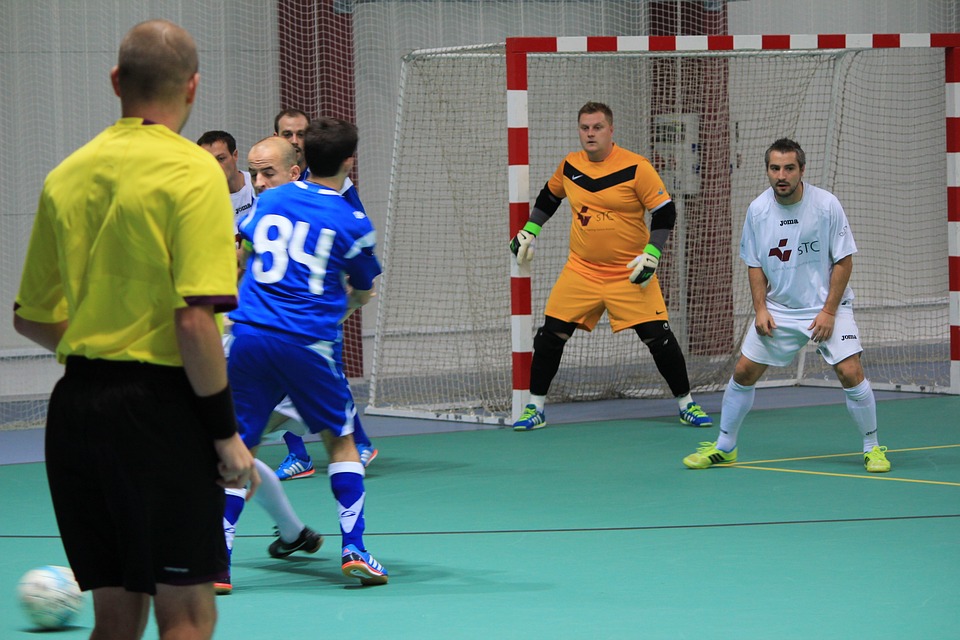
Resolving Conflicts Amicably: The Power of Mediation
Resolving Conflicts Amicably: The Power of Mediation
Conflicts are a natural part of human relationships, whether they occur in personal, professional, or social settings. When conflicts arise, it can be challenging to find a resolution that satisfies all parties involved. This is where the power of mediation comes into play.
The Role of Mediation in Conflict Resolution
Mediation is a process in which a neutral third party, known as a mediator, helps facilitate communication and negotiation between conflicting parties. The goal of mediation is to reach a mutually agreeable solution without the need for litigation or escalation of the conflict.
Mediation is a voluntary and confidential process that allows parties to express their concerns, needs, and desires in a safe and structured environment. The mediator helps guide the conversation, clarify misunderstandings, and explore potential solutions that address the underlying issues causing the conflict.
Through mediation, parties have the opportunity to actively participate in finding a resolution that meets their unique needs and interests. This collaborative approach can lead to more sustainable and long-lasting agreements compared to imposed solutions from a court or arbitrator.
The Benefits of Mediation
There are several benefits to resolving conflicts through mediation, including:
- Preserving relationships: Mediation focuses on communication and understanding, which can help preserve relationships that may be damaged by conflict.
- Cost-effective: Mediation is often more cost-effective than litigation, as it avoids lengthy court proceedings and legal fees.
- Confidentiality: Mediation sessions are confidential, allowing parties to speak freely without fear of their words being used against them in court.
- Empowerment: Parties have control over the outcome of the mediation process and can actively participate in finding a solution that works for them.
- Efficiency: Mediation can lead to quicker resolutions compared to traditional legal processes, saving time and resources for all parties involved.
FAQs about Mediation
What types of conflicts can be resolved through mediation?
Mediation can be used to resolve a wide range of conflicts, including disputes between family members, neighbors, co-workers, business partners, landlords and tenants, and more.
How long does the mediation process typically take?
The length of the mediation process can vary depending on the complexity of the conflict and the willingness of the parties to reach a resolution. Some mediations can be resolved in a single session, while others may require multiple sessions over a period of weeks or months.
What happens if an agreement cannot be reached through mediation?
If an agreement cannot be reached through mediation, parties may choose to pursue other avenues for resolving their conflict, such as arbitration or litigation. However, mediation can still be beneficial in clarifying issues and narrowing down the points of disagreement before taking further legal action.
How can I find a qualified mediator for my conflict?
There are many organizations and associations that provide lists of qualified and experienced mediators in various areas of conflict resolution. It is important to choose a mediator who is impartial, skilled in communication and negotiation, and has a good reputation for facilitating productive discussions.
For more information on mediation and conflict resolution, you can visit www.mediate.com or www.mediation.com.
